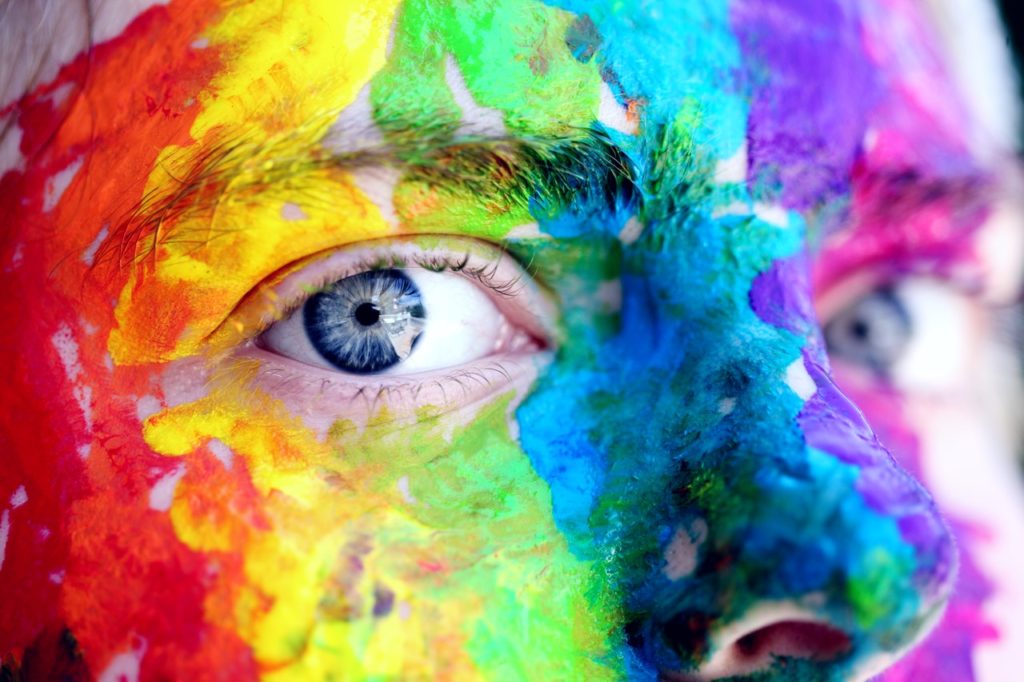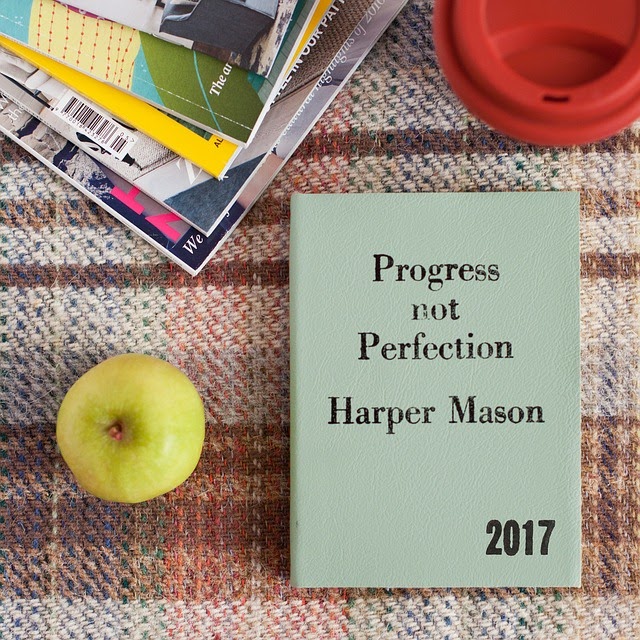Embracing imperfection is the best way to live with yourself and others. “But how can I embrace my imperfections?” My clients ask.
Get powerful life coaching tips for embracing your imperfections and living your best life in this article.
Let’s dive right into it.

1. Accept the Reality of Human Imperfection
Humans are flawed. You already know that. But do you understand it? Do you believe it?
One of the most inspirational quotes from Loving What Is by Byron Katie states “When you argue with reality, you lose… 100% of the time.” Yes, we know we’re imperfect. We know that’s reality. Yet we argue with that reality. And that makes us suffer.
Imagine these statements are your reality. Even better, think of what’s real to you right now.
- I am racist
- I am dark-skinned
- I am broke
- I have freckles
Now put “shouldn’t” in the statements. The above list would look like this:
- I shouldn’t be racist
- I shouldn’t be dark-skinned
- I shouldn’t be broke
- I shouldn’t have freckles
Can you feel the stress swelling in? When we refuse reality, we experience stress and try solving the supposed imperfection in ourselves by pretending it isn’t real. And that’s how we suffer.
Instead, let’s accept that sometimes, we all feel insecure, we say wrong, embarrassing, unintentional things, and we compare ourselves to others.
We’re messy, imperfect beings that have a chance to improve where we can. But we have to accept where we are and that we’re more than enough the way we are. And like us, others are enough — just figuring out life from a particular point in the journey of life.
Allan De Botton from the School of Life explains this in this video:
2. Acknowledge the Imperfections
If you understand that humanity is flawed. That you, I, and everyone else has imperfections, it becomes easier to stop pretending and acknowledge imperfections.
So, in this strategy, write your imperfections without filtering or reasoning them out.
Your mind races with thoughts that come and go like waves. If you don’t slow your mind down by writing your imperfections, they remain piled up unorderly which overwhelms and leads you to many wrong coping strategies.
Writing helps you know one by one, the flaws you think you have. This gives you a chance to accept and love them while you consider changing the flaws themselves or your mindset about them.
3. Know the Difference Between Problems and Quirks
Some imperfections are problematic (need you to improve on) and others are quirks (they don’t hurt you or others/ you’re born with them). Knowing this distinction helps you love and embrace your imperfections without trying to change things you can’t control while being open to aspects you can improve on.
Problematic imperfections include traits such as pride, jealousy, dishonesty, procrastination, judgmentalism, and selfishness among others. Everyone struggles with something undesirable but we can always get better and do better even when we just did something wrong.
Quirks include unhurtful personality traits. Sure, they might annoy some people but when they do, it’s often more about them than about you. Maybe you like arranging things in numerical order, prefer keeping toads as pets, or perhaps you like comic books even as an adult. Your quirks are what makes you unique. Physical features you’re born with may fall under the quirks category.
Ultimately, improve on problematic imperfections but learn how to accept and love your quirks by embracing your uniqueness.
4. View Your Imperfections in Positive Light

Image by Bernhard Pilz from Pixabay
You can never embrace your imperfections and express your best self if you view them as negative.
If you think your habit of walking in straight lines is wrong, you won’t love that part of you. If you think you’re a terrible human because you get jealous sometimes, you base your entire identity on jealousy and, therefore, hate yourself.
But instead of saying:
- “I am too sensitive,” say “I can be overly sensitive sometimes.”
- “I am disdainful,” say “I struggle with pride sometimes.”
- “I am lazy,” say “I struggle with prioritization sometimes.”
- “I am ugly,” say “I don’t find myself attractive according to societal standards but I’m still more than good enough the way I am.”
- “I’m a people pleaser,” say “I seek external validation a lot but I’m working on prioritizing self-appreciation.”
You get the point.
5. Contextualize the Imperfections
When did you feel imperfect? Could you have done better?
Sometimes, we blow our mistakes out of proportion. One time you handled a situation poorly, and you call yourself gullible, impulsive, or whatever name you give yourself. Sometimes, others might criticize and you believe it. Either way, look at the context.
Explain the imperfections you wrote by answering when that imperfection often crops up. Then find the likely reasons. This doesn’t mean you should blame, it only means getting more insight into your imperfections.
If you understand you get overly sensitive around certain people, you can work on staying open minded to any judgment while guarding your heart with a more loving mindset.
6. Find Yourself in Solitude

Image by Bananayota from Pixabay
Solitude is where clarity lives. When the thoughts of your imperfections make you feel overwhelmed, retreat to ponder in silence.
Learn to go to a quiet space sometimes to question your imperfections, make sense of your feelings, and reach for personal truths.
Finding yourself in silence allows you to reestablish who you are since you know yourself best. Also, you’re able to be yourself instead of pretending through your doubts.
7. Treat Yourself as You’d Treat Someone You Love
We often base our worth on unrealistic standards and harshly criticize ourselves for making a single mistake. But it’s very unfair to treat ourselves this way.
When a loved one makes a mistake and reveals their imperfection, you’d likely support them explaining that it’s just a mistake, not something that defines them. You even go-ahead to tell them how amazing they are, reminding them how proud you are of them for handling things in the past well.
When embracing your imperfections, you need to treat yourself in the same manner. Be compassionate to yourself as you would be to a friend.
8. Stop Putting Conditions on Self Acceptance
“I’ll love myself when I reach that goal.” “I’ll accept my identity when I stop being jealous.” “I’ll be worthy when I earn a million dollars in a month.”
Embracing an imperfection means loving your entire self including stuff you wish to change. It means thinking you’re good enough despite the shortcomings you have. It means believing you deserve happiness despite the space you are in the journey of life.
Here’s how you accept yourself while practicing self-improvement:
- Instead of, “I should be kinder,” say “I’d remember to show kindness more.”
- Instead of, “I shouldn’t be talking too much,” say “I would learn to listen more.”
- Rather than “I should stop criticizing too much,” say “I would learn to be accepting of others’ flaws and positively encourage them to improve.”
To embrace an imperfection, you have to love yourself with it first. That doesn’t mean you stay reluctant to change it, no. You merely accept you have a problem but whether you change it or not, you love yourself unconditionally.
9. Understand You Can Only Progress Not Perfect

Image by StockSnap from Pixabay
Perfection is an illusion. One may look perfect on one side but display their brokenness on another. Even if some tell you how perfect their life is, they struggle with something.
If some seem perfect all-round, it’s because they’ve progressed way more than you have. But that doesn’t mean they’re perfect either. It only means they’ve progressed further.
When embracing an imperfection, you’ll realize that you’re getting better at handling issues around it. Some might still point out that imperfection but you’ll have let go of the negative connotations you used to attach to it. You’ll improve but not perfect
Take perfection out of the table and choose progress.
10. Surround Yourself With People Accepting Of You
Studies show that a support system improves one’s well-being by acting as a motivational source and stress buffer. After getting criticized the whole day, you can go into the arms of your loved ones who’ll reassure you of your worth.
Humans are social animals and as much as self-love is where the strength to embrace imperfection comes from, you need emotional backups to keep you going.
It’s advisable to connect with others going through similar struggles whether online or offline. But if you find supportive people of any kind to love and support you for who you are, you’ll be just fine.
11. Forgive Yourself
The past can never change. As brutal as it sounds for someone cringing on their past mistakes, it’s reality. Forgive yourself because ruminating on the mistake is a mistake in itself.
Sometimes we’ll do undesirable things and even live with the wrong mindset for years, breeding mistakes of all kinds. Whatever the wrong, be proud of yourself for knowing and acknowledging a mistake.
Then forgive yourself knowing well you acted the way you did according to the information you had. But now you know better, you’ll do better. Stop fighting reality by saying “I wish I knew.” The reality is, you didn’t know and fighting reality only brings regret.
Again, forgive yourself.
Your Embracing Imperfection Questions Answered
What are examples of imperfections?
Examples of imperfections include:
- Physical imperfections like disability, stretch marks, freckles, scars, moles, and keloids
- Character flaws like dishonesty, entitlement, arrogance, and gullibility
- Having unconventional habits (quirks) like laughing loud and carrying fruit everywhere
- Having mental disorders like addiction, ADHD, dementia, and schizophrenia
Some of these aren’t flaws although many people think they are. In fact, they make us more beautiful. It’s what you think about them that matters.
How do you love your imperfections?
You can love your imperfections by embracing them. As you accept them as your own without attaching negatively to them, you’ll begin loving them since they make you a better person. The above tips will help you love your imperfect self.
How do you deal with your imperfections?
You deal with imperfections by either improving on them or changing your mindset about them. You can handle an imperfection by loving yourself with it first and finding ways to overcome it if it’s something you can improve on. If it’s something beyond your control or that doesn’t hurt others, learn to change your mindset to accept yourself the way you are.
Conclusion
If you ask yourself “How can I embrace my imperfections,” do you now have the answer? Keep in mind that you cannot influence anyone by trying to be perfect. But you can inspire others through the way you deal with your imperfections.
Before you go. What is your imperfection? How do you handle it? Let’s talk in the comments!
Related Posts
31 Self-Esteem Journal Prompts for Boosting Your Self-Confidence
